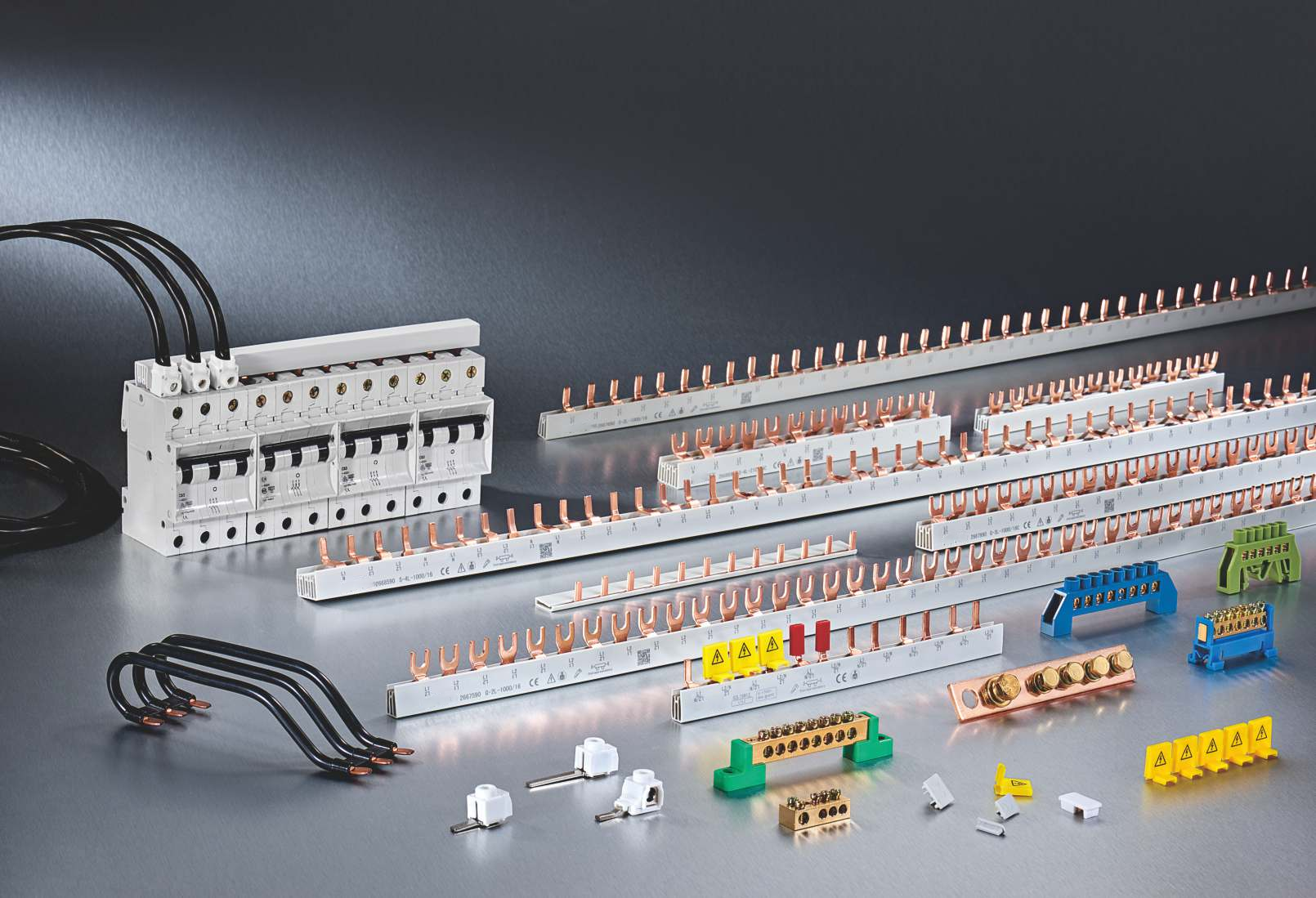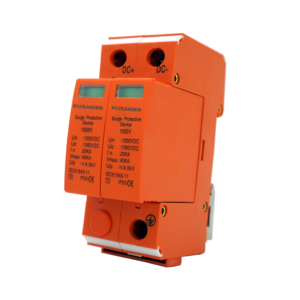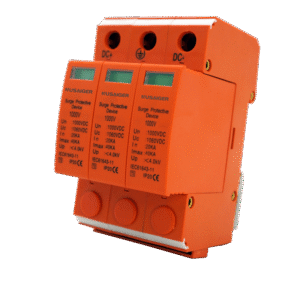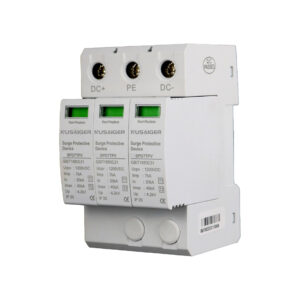Copper Terminals vs Aluminum Terminals: Which is Better?
When choosing terminals for electrical connections, two primary materials dominate the market: copper and aluminum. Each has its pros and cons, and understanding them helps you make informed decisions for various installations.
1. Electrical Conductivity
Copper has higher conductivity (~58 MS/m) compared to aluminum (~36 MS/m). This means copper terminals offer lower resistance, reducing heat and power loss.
2. Mechanical Strength
Copper is mechanically stronger than aluminum. It can withstand greater stress and is less likely to deform under compression or vibration.
3. Corrosion Resistance
Copper naturally resists corrosion better than aluminum, especially in humid or marine environments. Tinned copper terminals further enhance corrosion resistance.
4. Weight Considerations
Aluminum is lighter, making it suitable for weight-sensitive applications like aerospace. However, for stationary installations, copper’s additional weight is not a concern.
5. Cost Differences
Aluminum is less expensive than copper, making it appealing for large-scale or budget-limited projects. However, cost savings may be offset by additional maintenance or energy loss.
6. Oxidation Issues
Aluminum oxidizes quickly, forming a non-conductive layer that hampers performance. Special anti-oxidation grease and fittings are needed. Copper does oxidize but maintains conductive surfaces.
7. Thermal Expansion
Aluminum expands and contracts more than copper under temperature changes. This can loosen connections over time, increasing fire risk if not checked regularly.
8. Installation Complexity
Aluminum terminals often require special tools and techniques. Copper terminals are more forgiving and easier to crimp or solder securely.
9. Safety and Long-Term Performance
Due to better conductivity, lower maintenance, and fewer risks, copper terminals are generally considered safer and more reliable for long-term use.
10. Final Verdict
If performance, safety, and reliability are your top priorities, copper terminals are the clear winner. For temporary or lightweight applications where cost is a major factor, aluminum may still be viable.
Conclusion
While both materials serve their purposes, copper terminals offer superior conductivity, durability, and safety. Investing in copper may cost more upfront but pays off in long-term reliability and peace of mind.



